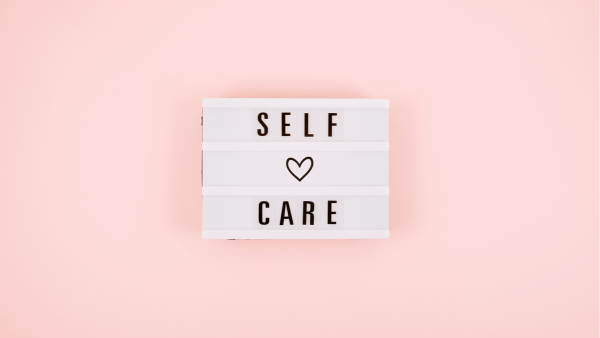When people think of being a great partner, their minds often go to selflessness—doing more, giving more, sacrificing more. But there’s a deeper truth that often gets overlooked: one of the greatest gifts you can give your partner is a healthy, whole version of yourself.
Taking care of yourself isn’t selfish—it’s foundational. Your emotional, mental, and physical well-being affects how you show up in your relationship. When you feel grounded, rested, and emotionally balanced, you’re more likely to communicate clearly, listen deeply, and love intentionally.
Your Energy Sets the Tone
Relationships are energy exchanges. When you bring unresolved stress, burnout, or emotional baggage into your shared space, that energy gets absorbed by your partner—even if you’re not directly talking about it. You might become more irritable, withdrawn, or reactive without realizing it. When you take care of your energy—through rest, solitude, movement, or mindfulness—you show up with presence, patience, and love.
Modeling Healthy Behavior
Self-care isn’t just about improving your own state—it also sets a powerful example. When your partner sees you taking your needs seriously, they’re encouraged to do the same. Over time, this creates a culture of mutual respect, emotional accountability, and personal growth in the relationship. You become two individuals who thrive on their own—and are even stronger together.
Meeting Your Own Needs Prevents Resentment
When you neglect your needs and expect your partner to fill those gaps, resentment starts to build. Maybe you need space, validation, or rest—but you don’t express it, hoping they’ll “just know.” That cycle can strain even the healthiest connection. Meeting your own needs first allows you to approach your relationship with fullness rather than expectation. It’s not about closing yourself off—it’s about removing pressure and giving your partner the freedom to love you, not rescue you.
Start Small, Start Now
You don’t need a full spa day or solo vacation to start practicing this. Begin with small, meaningful acts: journaling your feelings, saying “no” when you’re at capacity, taking a walk, or simply unplugging for an hour to reset your nervous system. These moments matter. They keep you connected to yourself—and that connection spills beautifully into how you connect with your partner.

